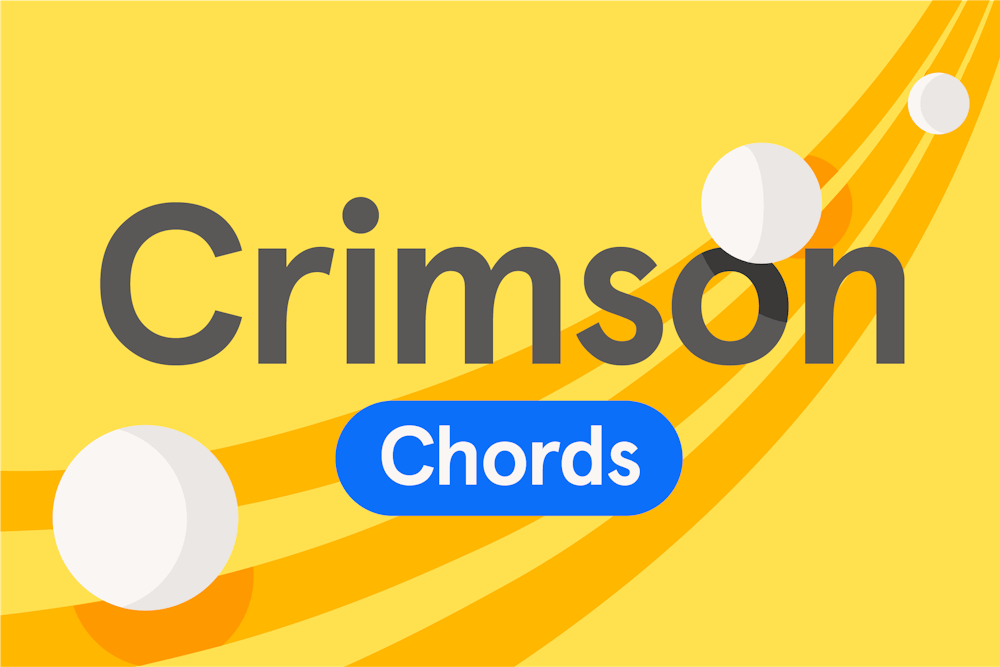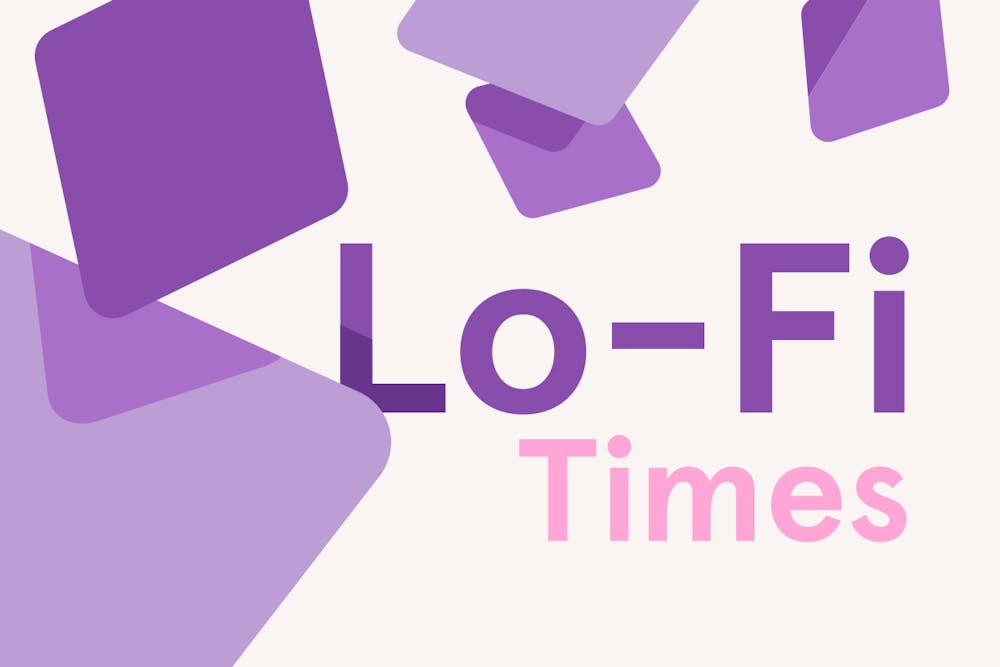How to start journaling
Researched and written by our mindfulness and meditation experts | Learn more
Feb 19, 2024
It might have been some time since we’ve put pen to paper and started to write — without judgment or a specific agenda — about what we’ve felt or experienced lately. And while we might have kept up with a diary when we were younger, research suggests that a consistent journaling practice can support better mental and physical health throughout our adult lives.
Journaling can complement our meditation practice, too. In meditation, we observe thoughts and feelings as they come without judgment. Journaling can be a place to capture and reflect on those thoughts, and maybe even find a new sense of clarity about what’s on our mind.
And just as a meditation practice isn’t one-size-fits-all, we can make journaling whatever we want or need. We might start by noting our mood every day as we drink our morning coffee. Or we can spend time on Sunday evenings to reflect on the week. It might take us five minutes or half an hour. It might be about recording what happened to us in a day, or it might be about expressing things that make us feel grateful, or it could be an outlet to go deeper and place our innermost thoughts on the page. There’s no right or wrong way to journal — the only thing to do is start.
Key takeaways
-
Journaling can support better mental health — and physical health, too
-
Like meditation, committing to a consistent practice provides the most benefits
-
Try 12 meditations for journaling

Why journal?
While a journaling practice looks different for each of us, the benefits can be the same. One study showed that in as little as 4 days, positive affect journaling — where participants write about a difficult experience for 15 to 20 minutes each day — led to reduced stress, the ability to better manage anxiety and depression, and even improved mood. That same study found that journaling can even benefit our physical health. Participants with chronic health conditions — such as asthma, chronic pain, rheumatoid arthritis — experienced reduced health problems, and it even enhanced their immune systems. It was the same with improving sleep quality, too. And all this makes sense because instead of having thoughts swirling around our head, we are releasing them to the page, unburdening our minds.
If meditation is about in-the-moment observations about our mind’s patterns, behaviors, and storylines, then journaling is a retrospective exercise in reflection, allowing us to join the dots and see those same patterns, behaviors, and storylines that we may have missed in everyday life. Whether we observe ourselves when sitting with the mind or when putting things down on the page, we’re still practicing self-awareness.
What’s more, through journaling, we’re able to lay out, catalog, and prioritize things in our lives that may trigger bad feelings or deep-seated trauma. Writing about those triggers can help us recognize them and be prepared to respond better the next time they might come up. And as with meditation, it’s important that we make such a record without judgment, without getting caught up in over-analysis.
More and more, the answer to “Why should I journal?” seems to be “Why not?” The privacy of the medium gives us the ability to write whatever we want. And like meditation, which requires only our compassion and awareness, all we need to start journaling is a pen and paper (or screen to type on) to express our thoughts and feelings in a safe, judgment-free space.
Types of journals
From mood or health trackers to notebooks that are simply a space to write down the thoughts swirling in our head, the variety of journals makes it an accessible practice to many of us. If we’re looking for an easy place to start, we might try one of these common types:
- A traditional journal
It might be what comes to mind when we first hear the word “diary.” In it, we can jot down whatever we like: what happened in our day, how we’re feeling about an upcoming event, or anything that might be on our mind. When we’re open and honest about how we’re feeling, we might experience a sense of relief in getting those feelings out of our mind and onto the page.
- A gratitude journal
We all have the power to experience more gratitude, which can help us feel more calm and content. To practice feeling more grateful, a gratitude journal is a great place to start: studies have shown its many benefits, including reduced symptoms of depression. To create a gratitude journal, all we need to do is find a time and format that works — maybe it’s a note in our phones that we add to at the end of every day — and commit to a consistent practice.
- Expressive writing
During hard times, writing through the rough patches can help. After a trauma or a major stressor or conflict, it can be difficult to process what happened. Expressive writing, like positive affect journaling mentioned already, is when we write about those emotionally significant experiences for at least 15 minutes a day, 4 days a week. It can be a cathartic exercise to give us some emotional distance and put what happened in the context of the greater story of our lives — helping to remind us that hard times will come, but accepting that they are a part of life.
Meet Ebb - your AI mental health companion
Interested in trying a more interactive approach to journaling? Meet Ebb, available right in your Headspace app. Ebb is your empathetic AI companion who helps you feel seen and understood as you experience life’s ups and downs. Built by clinical experts with your safety and privacy in mind, Ebb can guide you through relationship challenges, work stress and burnout, sleep issues, and more. Ebb can provide thoughtful prompts and questions to help you unpack how you’re feeling, and share personalized meditations and activities to meet you in the moment as your journal.
How to start journaling
Starting a journal can feel daunting, and we might worry about finding the time or having enough to write about. But as we know from our meditation practice, forming a habit can help. If we’re looking for how to begin a journal, we can start here:
1. Commit to a regular practice
Like meditation, consistency is key. And like meditation, we can start small with an easy, attainable goal. Even 5 minutes or one page of journaling every day can be a great place to start. What’s important is sticking to the goal and finding a comfortable, distraction-free space where we can write. It might also help to write at the same time each day to establish a habit. And we don’t have to worry about writing things down perfectly, or necessarily making sense of things. Just jotting down the first thoughts that come to mind cannot only be cathartic, but also revealing — in the moment, or when we look back in days to come.
2. Express emotions
If we’re wondering how to start a journal entry when we’re going through a hard time, it’s helpful to use words that describe the depth of our experience and feelings. Instead of words like “nice” and “mad,” we can try to go deeper and express more complex emotions. Again, we can jot down whatever comes to mind, stay present with our writings, and see where the mind, and pen, takes us.
3. Forget the rules
A journal is for us and us alone, and that means grammar and spelling rules don’t exist. We might feel a sense of freedom when we disregard the rules and start to write without abandon, simply transcribing anything that’s on our mind to the page.
4. Take care after journaling
After we finish a journaling session, it can be helpful to stay still for a moment to reflect on what we wrote. And when we write about difficulties we may be experiencing, we’ll want to be even more gentle and compassionate with ourselves before we continue on with our day. It’s also worth remembering, as we do with a meditation practice, that it helps if we can leave our words and thoughts on the page and let go of any dwelling or rumination. That’s easier said than done when we’ve been logging thoughts and emotions. So to help with this, it might be helpful to go for a walk, take a warm bath, or turn to a loving-kindness meditation to foster more compassion and let go of judgment — then we can be present for whatever task is next, and for the people around us.
Listen to 1 hour of focus music

Listen to Focus Music: Making Space
Try 12 meditations for journaling
Looking for meditations to support your journaling practice? The Headspace app offers members several courses and single meditations that can help us to focus and unwind, including:
Journaling is something we do for ourselves, and this time is for us — to sit quietly and accept where we’re at. The very act of writing down our most intimate thoughts, feelings, and any lived or ongoing trauma opens us up to vulnerability, and vulnerability is a hard thing to experience.
But the beauty in the process of journaling is the ability to see these vulnerabilities on a sheet of paper (or screen) and take them at face value — this is what we’re feeling at the present moment. Like meditation, journaling offers us an opportunity to recognize where we are, who we are, and how we’re doing with a sense of acceptance, self-love, and kindness. As such, it can be a tool that greatly improves our health and happiness.


Be kind to your mind
- Access the full library of 500+ meditations on everything from stress, to resilience, to compassion
- Put your mind to bed with sleep sounds, music, and wind-down exercises
- Make mindfulness a part of your daily routine with tension-releasing workouts, relaxing yoga, Focus music playlists, and more


Stay in the loop
Be the first to get updates on our latest content, special offers, and new features.
By signing up, you’re agreeing to receive marketing emails from Headspace. You can unsubscribe at any time. For more details, check out our Privacy Policy.
- © 2026 Headspace Inc.
- Terms & conditions
- Privacy policy
- Consumer Health Data
- Your privacy choices
- CA Privacy Notice










